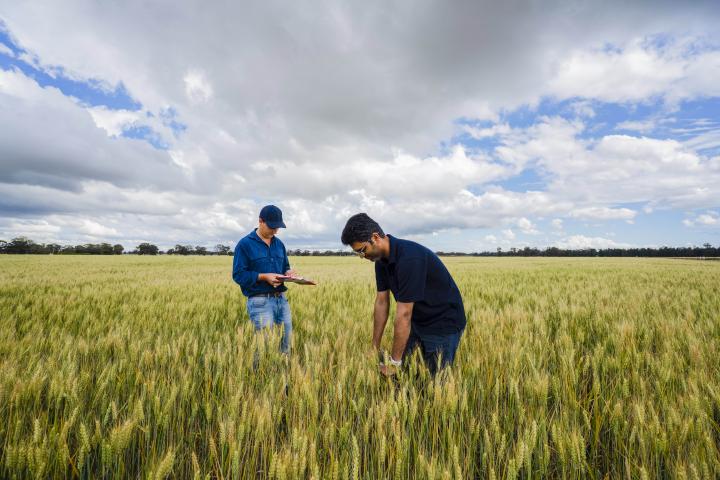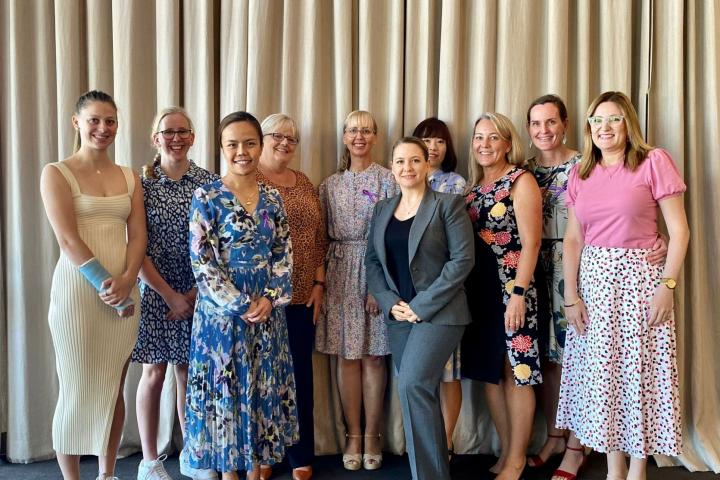Mental health in fishing communities: Stay Afloat
Find out about Stay Afloat, a pilot program to address the high prevalence of mental ill-health in the commercial fishing industry.
- Agricultural, Forestry and Fishing
- All locations
- Many fishers experience problems with mental health.
- The Stay Afloat program is managed by industry, for industry.
- The Stay Afloat pilot program takes a holistic, peer-based approach to mental health in fishing communities: raising awareness of workplace mental health among fishers, providing training and supports for fishers, reaching out to local services and enabling community action.
- Conversations are now occurring in fishing communities, and industry and community interest in the program is strong.
- Building on current activities helps avoid duplication of effort.



